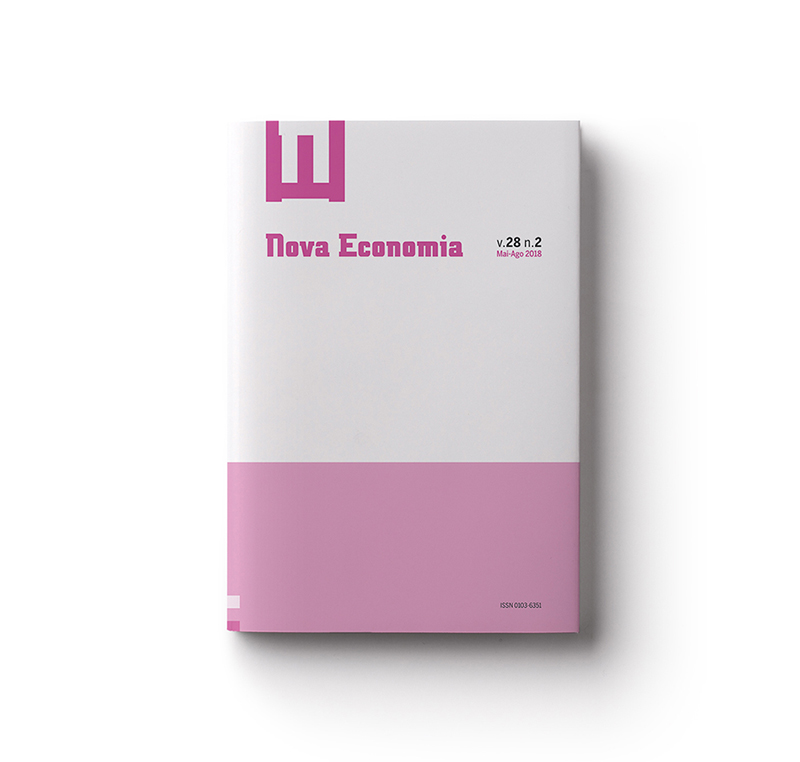Caminhos da Escola Austríaca
relação com ortodoxia, engajamento e produção de novo conhecimento
Resumo
O artigo discute a situação corrente da Escola Austríaca em três aspectos. Em primeiro lugar, o texto argumenta que a Escola Austríaca não é ortodoxa, já que rejeita um dos três pilares neoclássicos, qual seja, a ênfase em estados de equilíbrio e o substitui pela análise do processo de mercado. Em segundo lugar, o artigo mostra que a Escola Austríaca tem, ao menos em parte, buscado um maior engajamento dentro da profissão, em vez de adotar a estratégia do isolamento. Por fim, o texto apresenta porque a Escola Austríaca não deve ser reduzida a um capítulo fechado e superado da história do pensamento econômico, tampouco como exclusivamente dedicada à HPE, na medida em que tem procurado avançar nos debates teóricos contemporâneos e na utilização de sua abordagem singular a problemas aplicados.
Downloads
Publicado
Como Citar
Edição
Seção
Licença
Autore[a]s que publicam nesta revista concordam com os seguintes termos:
- Autore[a]s mantém os direitos autorais e concedem à revista o direito de primeira publicação, com o trabalho simultaneamente licenciado sob a Licença Creative Commons Atribuição 4.0 Internacional que permite o compartilhamento do trabalho com reconhecimento da autoria e publicação inicial nesta revista.
- Autore[a]s têm autorização para assumir contratos adicionais separadamente, para distribuição não-exclusiva da versão do trabalho publicada nesta revista (ex.: publicar em repositório institucional ou como capítulo de livro), com reconhecimento de autoria e publicação inicial nesta revista.
- Autores têm permissão e são estimulados a publicar e distribuir seu trabalho online (ex.: em repositórios institucionais ou na sua página pessoal) a qualquer ponto antes ou durante o processo editorial, já que isso pode gerar alterações produtivas, bem como aumentar o impacto e a citação do trabalho publicado (Veja O Efeito do Acesso Livre).




